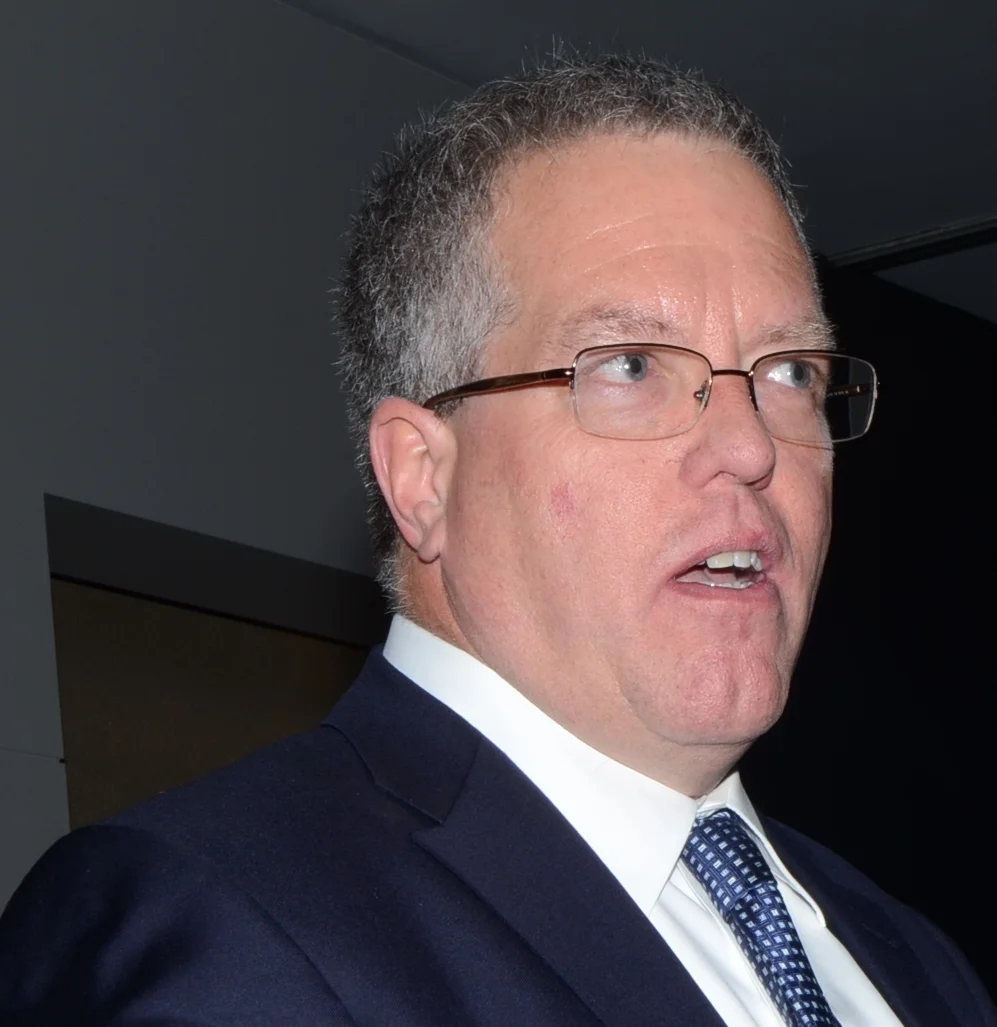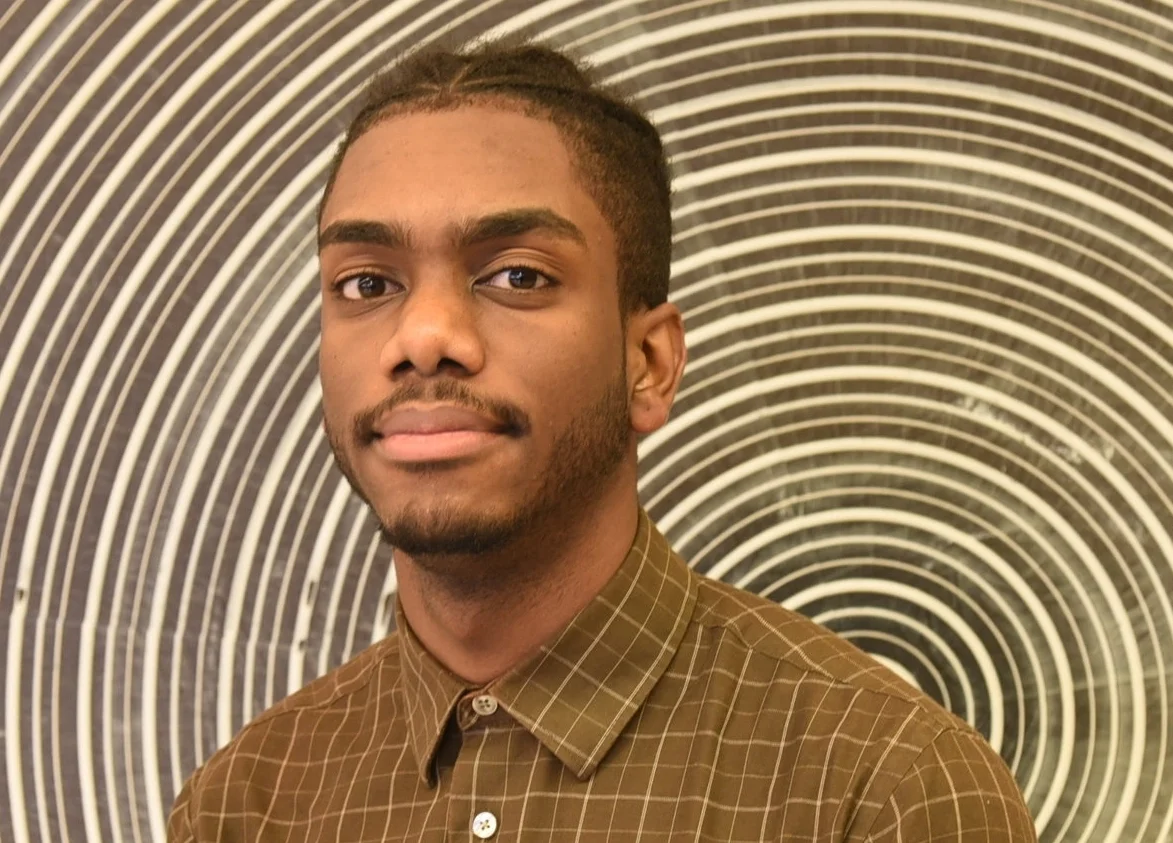St. Kitts & Nevis PM meets with Canadian counterpart
November 12, 2017
The primary and secondary schools in St. Kitts that Prime Minister Dr. Timothy Harris attended were built with Canadian International Developing Agency (CIDA) funding which also supported his doctoral studies at Concordia University in Montreal.
As a beneficiary of Canadian benevolence, the Kittitian & Nevisian leader knows the importance of the financial support.
Last September, Harris and St. Lucia’s Prime Minister Alan Chastanet met with Canadian PM Justin Trudeau.
He said the meeting was cordial and fruitful.
“We are looking for Canada to re-engage in the Caribbean,” said Harris who was in the city last week for the Toronto Global Forum at the Fairmont Royal York Hotel. “What we have found is that Canada has recoiled from its engagement with our region and we see that reflected in the number of scholarships that are available through CIDA and other institutions. When I was in secondary school, there were CIDA scholarships available to students pursuing tertiary education. That is no longer the case.
“We also want to see a broader engagement that will facilitate more of our people from the region to come to Canada not just to be part of the farming and agricultural sector, but to have ease of entry to be able to reside and contribute in a wider array of service areas like hospitality, tourism and technology. Assisting with teacher training and professional development are other areas that Canada could help us with.”
Establishing an ambassadorial presence in Ottawa two years ago was part of the Team Unity alliance’s mandate to expand its diplomatic footprint and use the new office as a springboard to engage the Canadian government on issues of importance, including visa requirements which Harris raised with Trudeau during their meeting.
In 2014, Canada imposed a visa restriction on citizens from the Eastern Caribbean territory.
St. Kitts & Nevis joined Dominica, St. Lucia, St. Vincent & the Grenadines, Grenada and Antigua & Barbuda as Organization of Eastern Caribbean States (OECS) whose nationals require a visa to travel to Canada.
“We understand that the former administration made a mess and lost the trust of the Canadian government,” said Harris who holds a doctor of philosophy degree in administration. “We are working hard to rebuild that trust and this is going to require more conversations at all levels of engagement.”
A Canadian government release stated the restriction was implemented because of concerns about the issuance of passports and identity management practices within St. Kitts & Nevis’ investment program.
Established in 1984 to attract direct foreign investment to support an economy previously dependent on the sugar sector, the Economic Citizenship by Investment program is the longest of its kind in the world. The program was recently ranked second best in the world behind Dominica in a ranking index released by Professional Wealth Management which specialises in analysing the growth strategies of private banks and the regional financial centres in which they operate.
Harris said the reformation, restructuring and repositioning of the program led to the positive ranking.
IPSA International, a regulatory risk mitigation firm delivering advisory and investigative services, was enlisted to assist the St. Kitts and Nevis Citizenship by Investment Unit (CIU) to increase the program's transparency and efficiency.
“They made 20 recommendations that were fully implemented by my government and our program has emerged stronger,” said Harris who graduated at the top of his class at the University of the West Indies with a Master of Science in accounting. “The administrative staff is skilled and trained in anti-money laundering, immigration, banking and marketing matters and we have expanded the management corps.”
Trinidadian Les Khan, who has over two decades of experience in large financial and risk management organizations, is the CIU chief executive officer.
“He has a wealth of experience having being associated with some of the most prestigious international financial institutions and he brings credibility in terms of the leadership of the program,” Harris pointed out. “…We can manage the application system seven days a week 24 hours and we are working with international partners to ensure greater transparency and leverage whatever support they can bring us. Periodically, we will revisit each applicant in the program to ensure their circumstances haven’t changed. If they are found to be undesirable, appropriate action will be taken to ensure they no longer hold a St. Kitts & Nevis passport.”
The citizenship program allows purchases of property worth US$400,000 to apply for a St. Kitts & Nevis passport. Holders are permitted visa-free travel to more than 90 countries. Foreign nationals can also buy citizenship with a US$250,000 donation to the country’s Sugar Industry Diversification Foundation.
Last month, St. Kitts & Nevis launched the Hurricane Relief Fund under which a family of four can be granted citizenship for US$150,000. This model is in place until the end of March 2018.
“This plan emerged after we suffered significant damage during Hurricane Irma in September,” said Harris. “Four schools, the fisheries complex and our police training school were badly hit resulting in millions of dollars’ worth of damages. While other countries were more badly affected than us, we thought it would be best to come up with something creative instead of depending on donations. We wanted to show we could help ourselves in a unique way using the Citizenship by Investment program…We have the platinum brand when it comes to this program. What we have in terms of experience, knowledge and quality of life in St. Kitts & Nevis cannot be duplicated anywhere else.”
The Park Hyatt Hotel which opens on November 17 and the first phase of Ramada Hotel to be launched next year are being built through the program.
As devastating natural phenomena continue to intensify globally, increasing infrastructure’s resilience to climate change impact has become a high priority in view of protecting the economy and its future growth.
At the Toronto Global Forum, Harris was on a panel that looked at the main factors to consider in planning and discussed building climate-resilient infrastructure networks to protect against the severities of climate change, key measures that should be taken when implementing climate change policies and how can public and private stakeholders work together to manage associated risks and finance their implications.
While in Toronto last month, former Guyana President Bharrat Jagdeo said Caribbean governments are sleepwalking when it comes to addressing the impact of climate variability and formulating a response to managing and adapting to climate change.
Harris disagrees with Jagdeo.
“The former president is entitled to his views, but I would think he understands better than most the constraints of governments in advancing new agendas,” said Harris who is CARICOM’s lead spokesman on human resources, health and HIV matters. “Every new policy requires time for implementation. I believe we are doing what is needed to be done subsequent to us signing on to the Paris Accord. There have been several meetings to advance the agenda of the regional response to issues of climate change and the greening our economy.”
Before coming to Toronto for the forum, Harris met with Canada’s Citizenship & Immigration minister Ahmed Hussen and other government officials in Ottawa.






